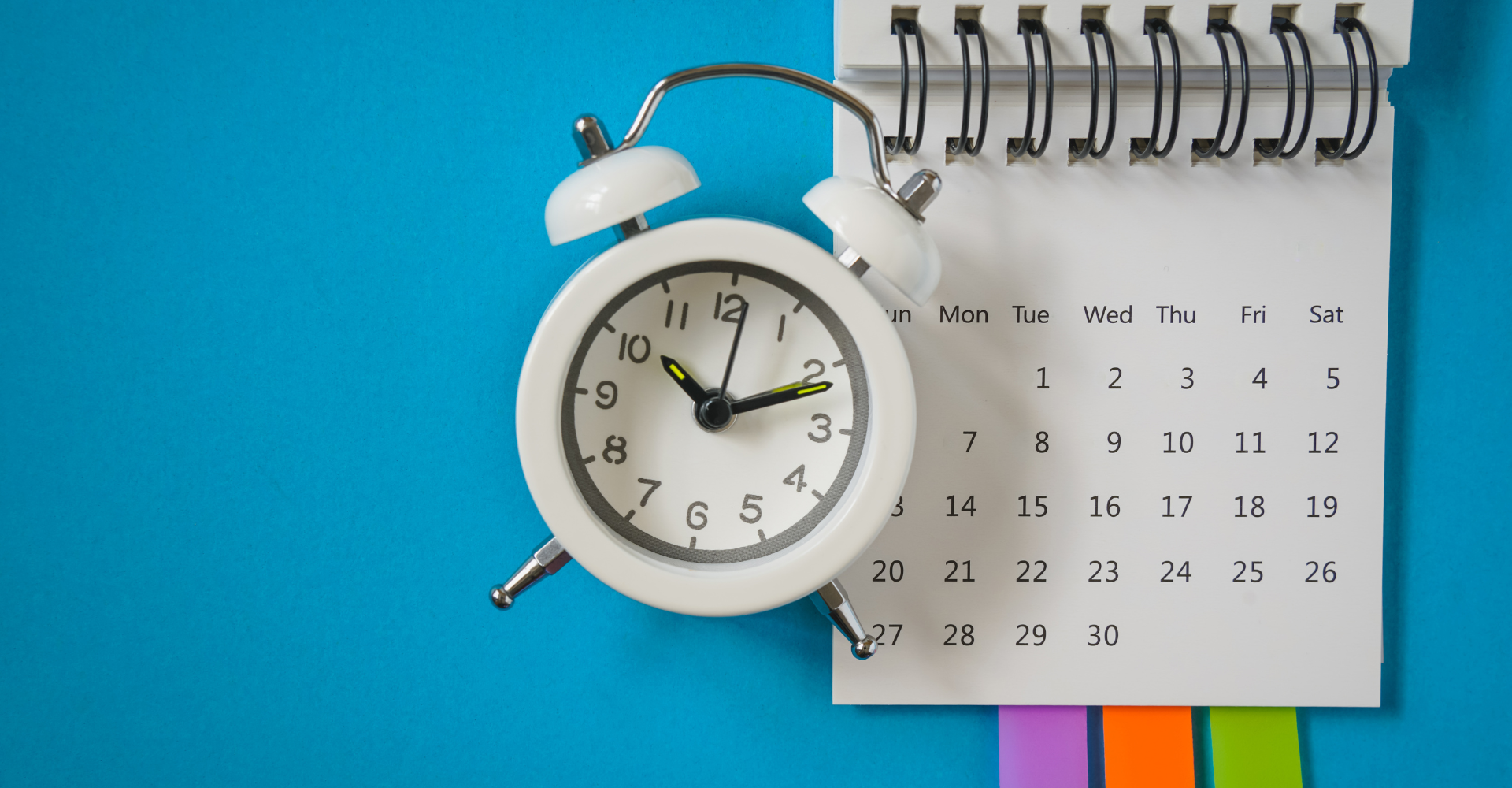posts
Bipolar disorder is a mental health condition that is characterized by extreme mood swings. These mood swings can range from manic highs, where a person may feel excessively energetic and impulsive, to depressive lows, where they may experience feelings of hopelessness and sadness. These mood fluctuations can also lead to intrusive thoughts, including thoughts about…
Read MoreMotherhood is a journey like no other. It is a time filled with moments of pure joy, overwhelming love, and incredible growth. But it is also a journey that comes with its fair share of challenges and unexpected turns. For some mothers, these challenges may include navigating the complexities of Post-Traumatic Stress Disorder (PTSD). This…
Read MoreWomen with ADHD face unique challenges in managing daily tasks and schedules, often grappling with symptoms that can make time management seem like an uphill battle. However, recognizing the need for strategies that specifically address the experiences of women with ADHD can make a significant difference. This is where the blog from Bloom Health Centers…
Read MoreIn the evolving landscape of mental health treatments, Transcranial Magnetic Stimulation (TMS) and Electroconvulsive Therapy (ECT) emerge as prominent options for individuals seeking relief from persistent mental health conditions. With a focus on offering compassionate care tailored to the needs of children, adolescents, college students, and new mothers, understanding the nuances between TMS and ECT…
Read MoreThe journey towards mental wellness is a personal one, especially for women who often face unique challenges and societal pressures. Depression, in particular, can be a difficult battle for women to overcome, but there is a new treatment that offers hope and relief. Transcranial Magnetic Stimulation (TMS) therapy, a cutting-edge brain stimulation therapy, has emerged…
Read MoreDepression is a complex and serious mental health condition that goes beyond simply feeling sad. It can have a profound impact on a person’s daily life, affecting their thoughts, emotions, behaviors, and relationships. At Bloom Health Center, we’re committed to shedding light on depression, offering insights into its signs, symptoms, and triggers that can exacerbate…
Read MoreAt Bloom Health Center, we recognize the importance of early intervention in promoting positive mental health outcomes. We understand that addressing mental health concerns at an early stage can greatly impact an individual’s overall well-being. That’s why we are dedicated to promoting awareness and education about mental health so that individuals and their loved ones…
Read MoreBecoming a new parent is an extraordinary experience filled with joy, but it can also bring unexpected challenges. Many new mothers find themselves dealing with anxiety, mood swings, and overwhelming emotions after the birth of their baby. While it is common for women to experience these feelings, it is essential to recognize the difference between…
Read MoreDepression is not limited to adults; it can affect children as well. Recognizing the hidden signs of depression in children is crucial for ensuring early support and understanding. Bloom Health Centers understands how important it is to recognize potential signs of childhood depression. Insomnia or Sleeping Too Much One telltale sign of depression in children…
Read Morehave questions?
We’re here to answer them. Give us a call or request an appointment through our online form.










